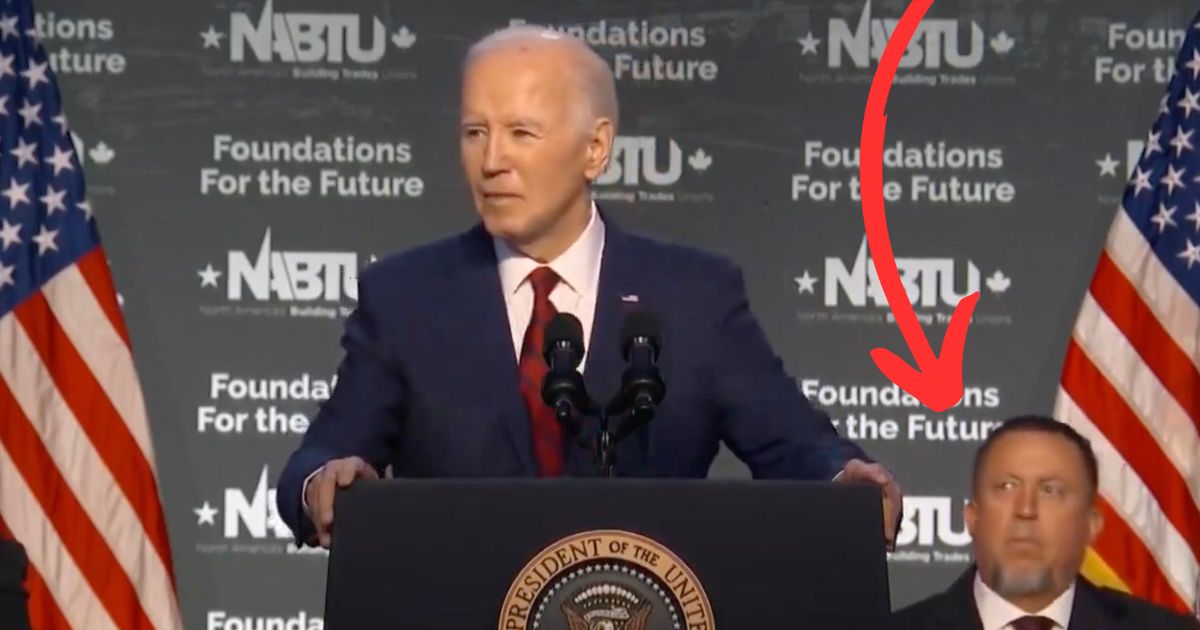Following the Supreme Court’s ruling, states like Texas can now authorize local law enforcement to detain and remove undocumented immigrants
Following the unresolved border crisis, multiple states, including Iowa, are enacting laws similar to Texas’s S.B. 4, allowing local police to arrest and deport illegal immigrants. The Supreme Court’s recent ruling is seen as a green light for states to enforce their immigration laws, with other states likely to follow suit. The legislation aims to address the ongoing immigration challenges effectively and protect citizens.
States concerned about the unresolved border crisis have taken matters into their own hands and are following Texas’s strategy to deter illegal immigrants from their jurisdictions by allowing local police to arrest and deport them.
A handful of states have begun to move or attempted unsuccessfully to move their own versions of Texas law, S.B. 4, since the Supreme Court temporarily allowed Texas to implement the law last week.
The only successful state in that short period has been Iowa, but others are moving swiftly to send a message that they are not open for business to illegal immigrants crossing the border under President Joe Biden, the opposite of how sanctuary cities like New York City and Chicago initially claimed to be open to assisting before they were inundated by a couple hundred thousand people since 2022.
The Texas law effectively created a state version of a federal immigration law and, in doing so, allows state and local police to enforce the state immigration law. Until now, nonfederal police have not been allowed to carry out immigration enforcement because immigration laws were federal policies, reserved for law enforcement at U.S. Customs and Border Protection and U.S. Immigration and Customs Enforcement agencies. The new law also permits local judges to order an illegal immigrant in custody to be deported.
John Sandweg, the former acting director of ICE during the Obama administration, said the Supreme Court ruling to allow Texas to enforce its law sent a message to other states that it might not strike down similar laws should they be challenged in court.
“This is groundbreaking,” Sandweg said in an interview on NewsNation last week. “The Supreme Court for the first time has recognized — now let me be clear, this is a temporary decision, so mind you, they just lifted an injunction; there’s always the possibility that the circuit court blocks this permanently or the Supreme Court ultimately blocks it but — for the moment Texas has a green light to enforce its own immigration laws. And I have to tell you, I would certainly expect other states to follow suit quickly.”
Gov. Kim Reynolds (R-IA) has indicated she will sign a bill that would allow state and local police to arrest and charge illegal immigrants who have previously been deported from the country or had a record of previously being arrested for attempting to cross the national border illegally.
The law is slated to take effect July 1 and would make illegal reentry an aggravated misdemeanor punishable by up to a year in county jail.
“States have stepped in to secure the border, preventing illegal migrants from entering our country and protecting our citizens,” Reynolds said. “Americans deserve nothing less. I look forward to signing SF 2340 into law.”
Lina Hidalgo, judge for Houston’s Harris County, objected to the idea that a nonborder state has a legitimate need for an immigration law.
“Iowa just passed something,” Hidalgo said in a recent interview on CNN. “[There is] no reason why Iowa needs to be worried about undocumented migrants crossing their border, but it just tells you this is about politics.”
What TX is attempting violates our US Constitution and the Rule of Law. There’s no reason Iowa should have concerns about migrants crossing their border yet they passed a similar bill. This is about making sure Trump can keep immigration as an issue for this presidential election pic.twitter.com/PdSTUQb6Re
— Lina Hidalgo (@LinaHidalgoTX) March 20, 2024
State lawmakers in the Midwest are keen on disincentivizing immigrants released at the border from heading to that region, but so are lawmakers elsewhere.
Missouri lawmakers have four bills moving through the state legislature, including one backed by gubernatorial candidate, state Sen. Bill Eigel, which would make it illegal for illegal immigrants to enter the state. “Improper entry” would be punishable by deportation and a $100,000 fine with tougher penalties for repeat offenders.
A Kansas state senator wants to reintroduce S.B. 522, which would make it a crime to enter Kansas as an illegal immigrant.
Up north, New Hampshire’s Senate passed a bill earlier this month that would charge illegal immigrants with trespassing and give law enforcement authority to arrest suspected illegal immigrants who are found on private property.
In the Bayou, the Louisiana state Senate has referred a similar bill to committee for consideration. The bill would make entering the state as an illegal immigration a crime, punishable by one year in jail, a $4,000 fine, or both.
Arizona faces its own unusual situation. Earlier this month, Democratic Gov. Katie Hobbs refused to greenlight a bill that would have made it a state crime for illegal immigrants to enter from Mexico. The House is considering two similar bills, as is the Senate.
Gov. Ron DeSantis (R-FL), a former 2024 GOP presidential candidate, has not had an identical bill to the Texas law make it to his desk yet but has recently enacted two bills that lengthen sentences for illegal immigrants who are convicted of driving without a license or charged with a felony.
Texas’s S.B. 4 was introduced by Republican state Sen. Charles Perry and Republican state Rep. David Spiller and passed during the state legislature’s fourth special session in 2023.
Despite it potentially putting state and federal law enforcement at an impasse in terms of how both could be carrying out similar enforcement objectives, the head of the Border Patrol union had endorsed the state law.
“Border Patrol agents nationwide, not just in Texas, are grateful for Gov. Abbott’s leadership and willingness to recognize that it is the rule of law that keeps all Americans safe,” National Border Patrol Council President Brandon Judd said at the bill signing.
The Justice Department sued in early January, delaying its start. The American Civil Liberties Union of Texas and the Texas Civil Rights Project also sued Texas on behalf of the Las Americas Immigrant Advocacy Center, American Gateway, and El Paso County in Texas. The two lawsuits were merged into one.
U.S. District Judge David Ezra temporarily blocked the law from taking effect on Feb. 29 on the basis that it was unconstitutional to allow nonfederal police to carry out a task that mirrored federal law. Texas appealed that decision to the 5th U.S. Circuit Court of Appeals.
The state has targeted the border crisis aggressively since it began in early 2021 when Biden took office and ended Trump administration immigration protocols.
CLICK HERE TO READ MORE FROM THE WASHINGTON EXAMINER
Abbott has deployed 10,000 National Guard soldiers and Department of Public Safety officers to the border since 2021 to help apprehend immigrants who cross the border illegally and attempt to get away.
Over the past three years, Texas itself has apprehended more than half a million illegal immigrants. Immigrants are turned over to federal Border Patrol agents.
" Conservative News Daily does not always share or support the views and opinions expressed here; they are just those of the writer."





